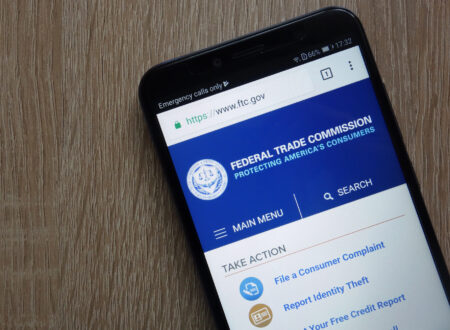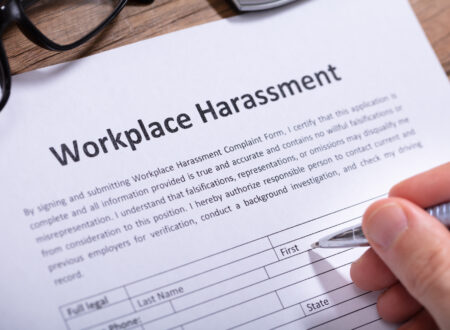On June 10, 2021, the first nationwide emergency workplace safety rule, requiring health-care employers to protect workers from occupational exposure to COVID-19 has been published on OSHA’s website. The Emergency Temporary Standard (ETS) released on June 10, 2021, only applies to the health-care sector and will be supplemented by voluntary guidance for other industries.
The ETS applies to “all settings where any employee provides healthcare services or healthcare support services.” However, the exceptions are listed below:
- First aid performed by an employee who is not a licensed healthcare provider.
- Dispensing of prescriptions by pharmacists in retail settings.
- Non-hospital ambulatory care settings where all non-employees are screened prior to entry and people with suspected or confirmed COVID-19 are not permitted to enter those settings.
- Well-defined hospital ambulatory care settings where all employees are fully vaccinated, and all non-employees are screened prior to entry and people with suspected or confirmed COVID-19 are not permitted to enter those settings.
- Home healthcare settings where all employees are fully vaccinated, and all non-employees are screened prior to entry and people with suspected or confirmed COVID-19 are not present.
- Healthcare support services not performed in a healthcare setting (e.g., off-site laundry, off-site medical billing).
- Telehealth services performed outside of a setting where direct patient care occurs.
The new ETS rules are very complex. Below is a summary of a few requirements that health care employers must undertake:
- Conduct a workplace specific hazard assessment, which includes feedback from non-managerial employees, if applicable.
- Develop a COVID-19 plan and designate a safety coordinator to implement and monitor compliance with the plan.
- Limit and monitor points of entry in direct patient care settings and screen all non-employees upon entry.
- Provide and ensure employees wear facemasks, respirators, and other PPE when exposed to people with suspected or confirmed COVID-19.
- Follow specific protocol for aerosol-generating procedures on persons with suspected or confirmed COVID-19.
- Ensure employees are following physical distancing rules while indoors and install physical barriers at work locations in non-patient care areas where employees are not separated by at least 6 feet.
- Follow CDC guidelines on cleaning and disinfecting.
- Use HVAC systems in accordance with manufacturer’s directions which includes a filter with a MERV rating of 13 or higher, if possible.
- Screen and monitor employees, including notification to employees.
- Support employee vaccination with reasonable time and paid leave for vaccination and any side effects.
- Educate employees on disease transmission and relevant policies and procedures.
- Inform employees of their rights under the ETS.
- Maintain a log to record each instance in which an employee is COVID-19 positive, regardless of whether it is connected to occupational exposure.
- Report hospitalizations and fatalities to OSHA.
The ETS will be effective immediately upon publication in the Federal Register. Thereafter, employers must comply with most provisions within 14 days, and with the remaining provisions within 30 days. OSHA has also published nearly 100 FAQs regarding the ETS.
Author(s)

Stuart J. Oberman, Esq.
Stuart J. Oberman is the founder and President of Oberman Law Firm. Mr. Oberman graduated from Urbana University and received his law degree from John Marshall Law School. Mr. Oberman has been practicing law for over 30 years, and before going into private practice, Mr. Oberman was in-house counsel for a Fortune 500 Company.
Read More =>





